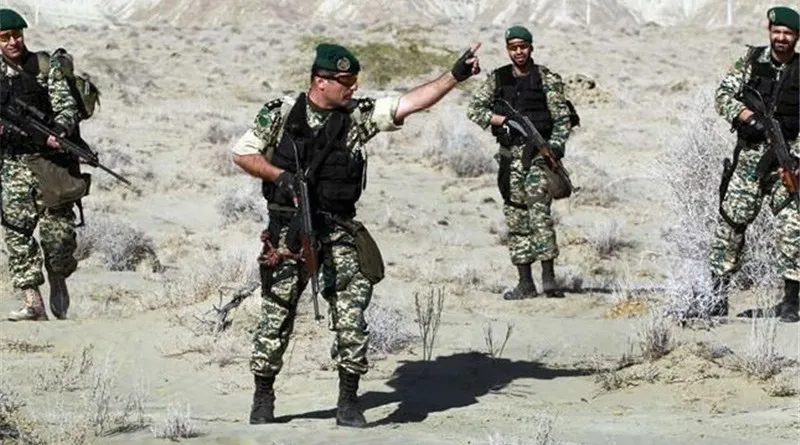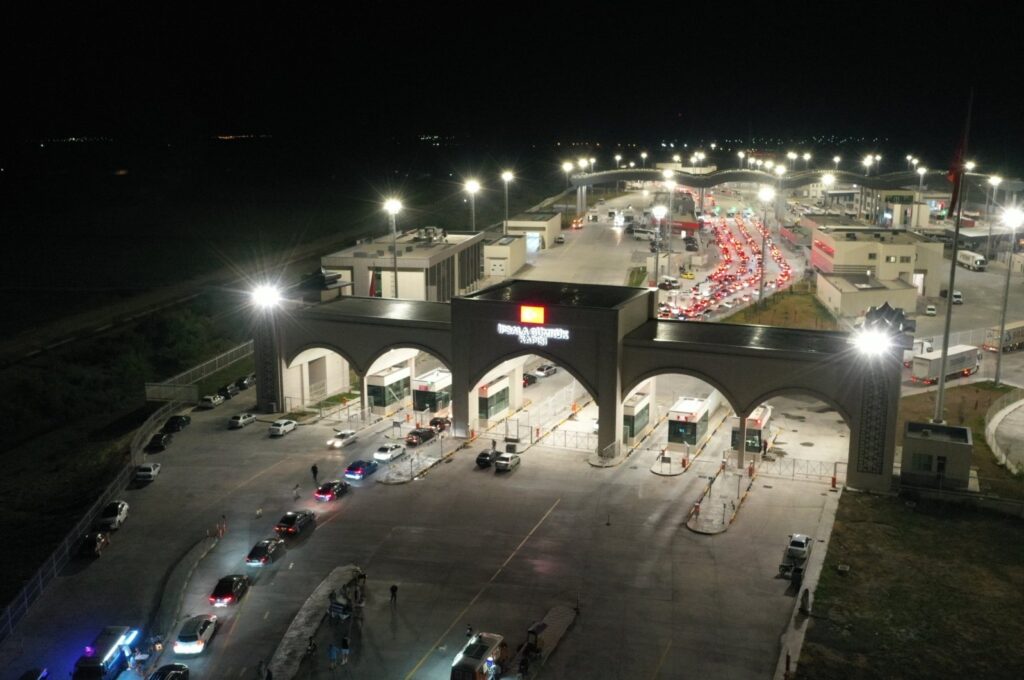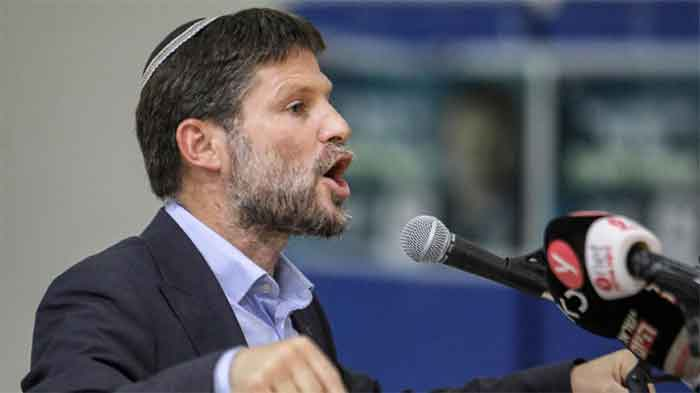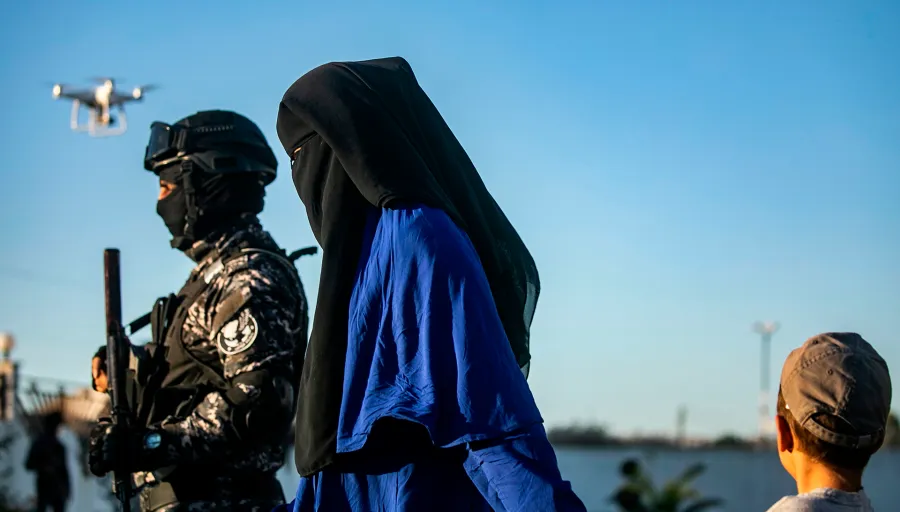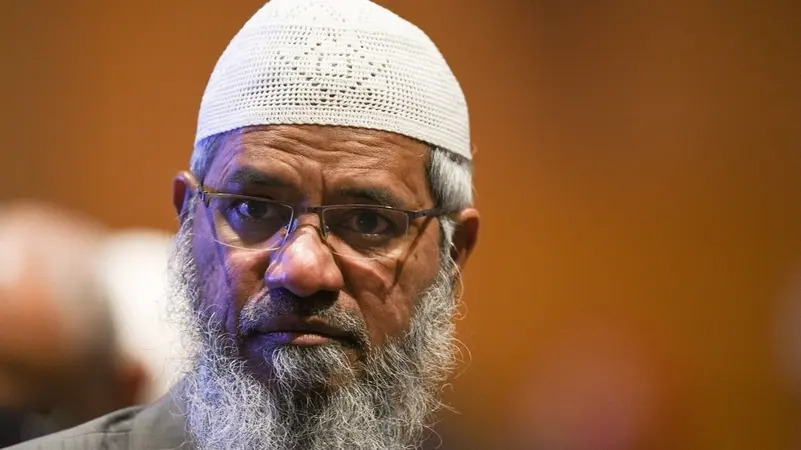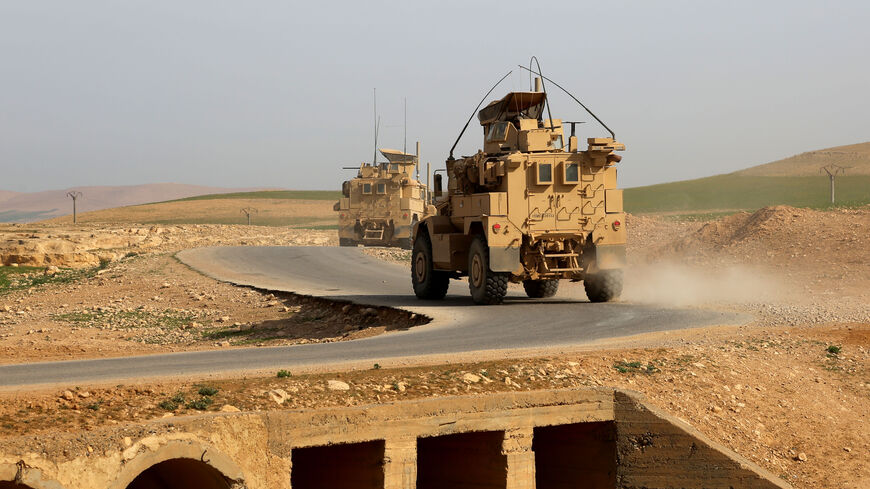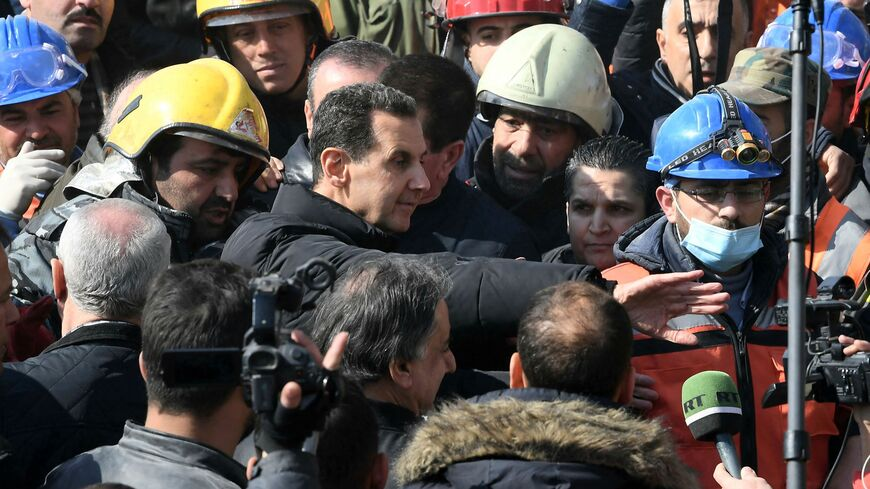Multipolarity was triggered by the 2003 US invasion of Iraq
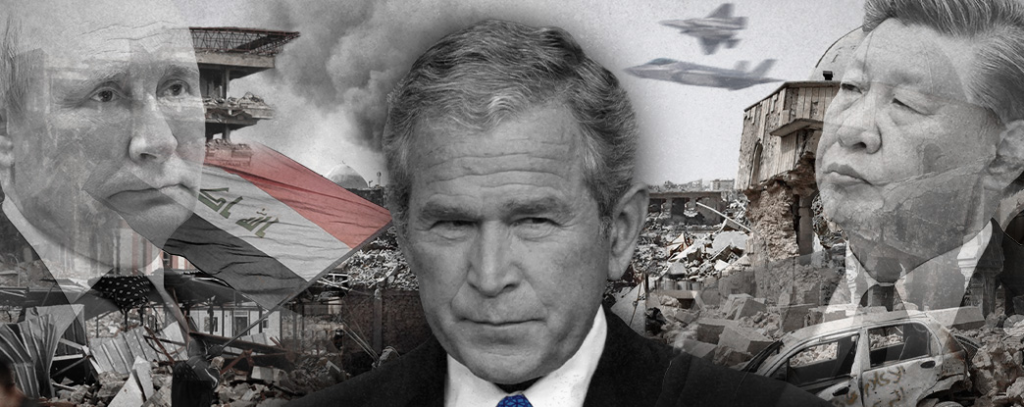
Twenty years after the unlawful and destabilizing US-led invasion of Iraq, Washington must face the ultimate consequence of that war: UNSC powers China and Russia laying the foundation for a genuine, UN Charter-based system of multipolarism.
On the night of 19-20 March, 2003, the US air force began bombing the Iraqi capital, Baghdad. The EU and NATO were deeply divided on whether to join the aggression: While newer NATO members from Central and Eastern Europe were in favor of the war, European heavyweights Paris and Berlin opposed it.


